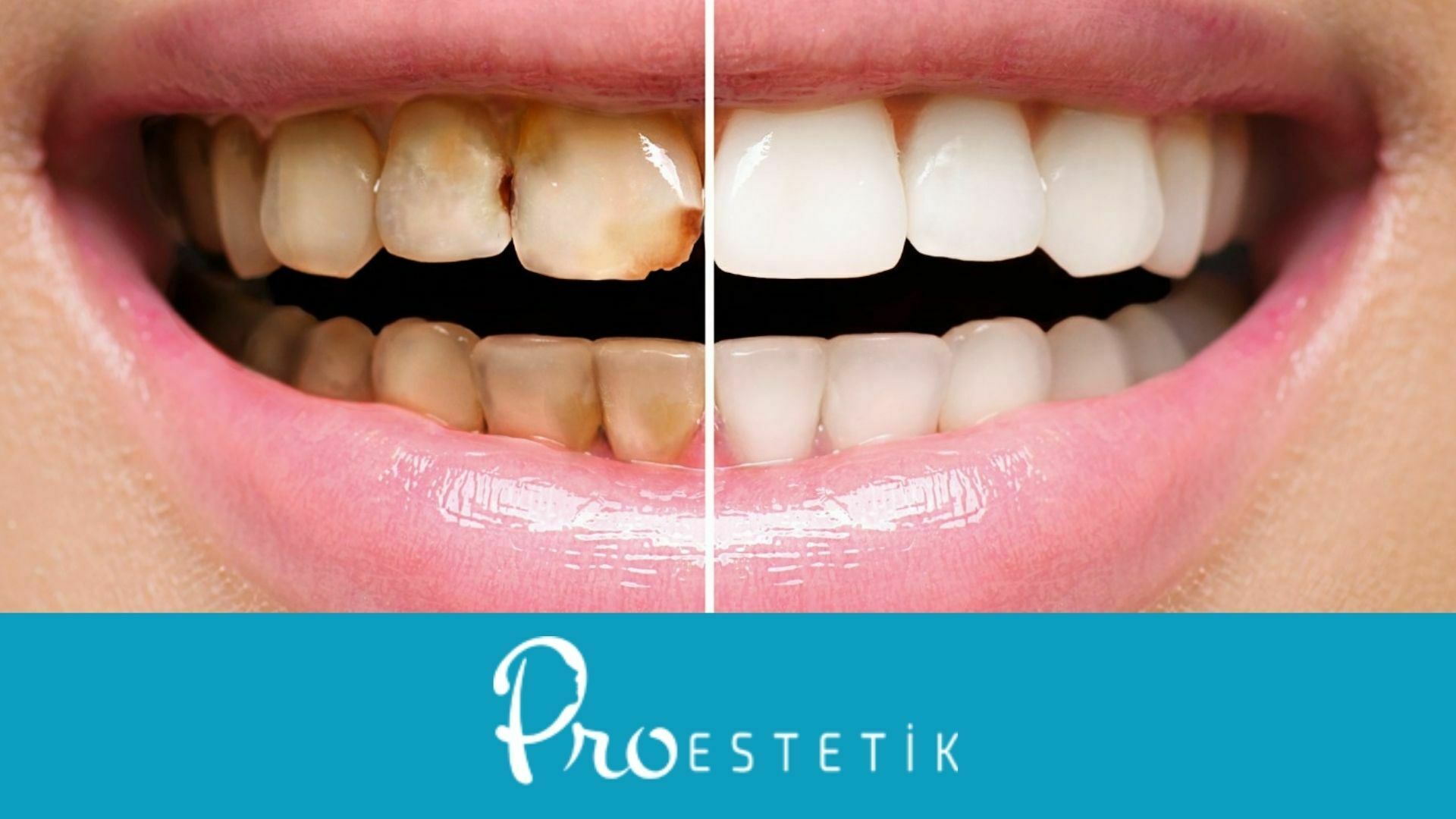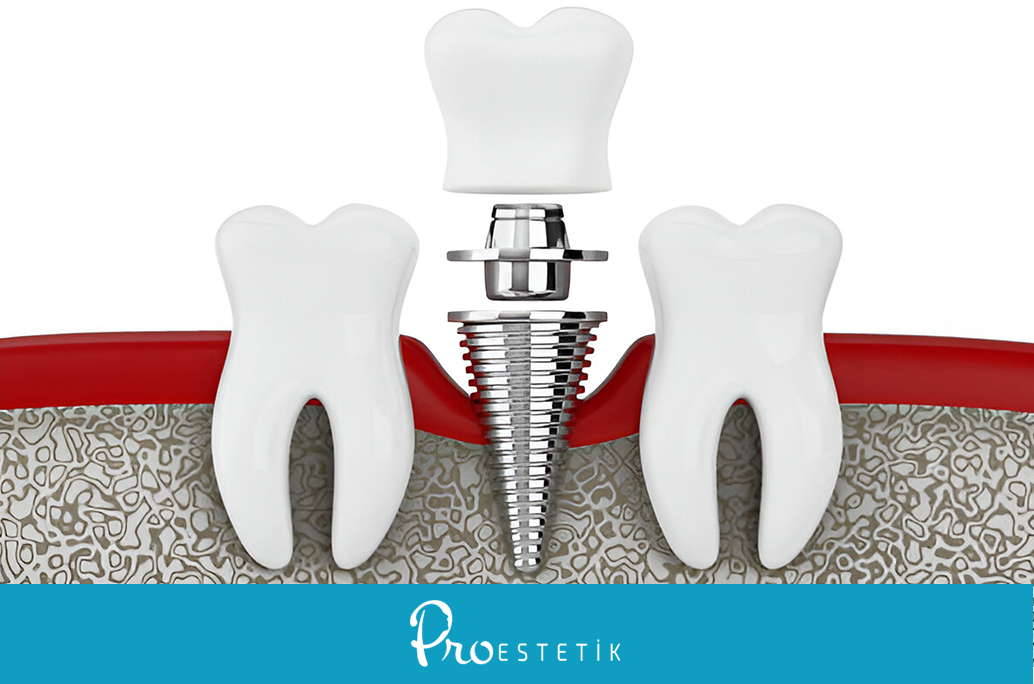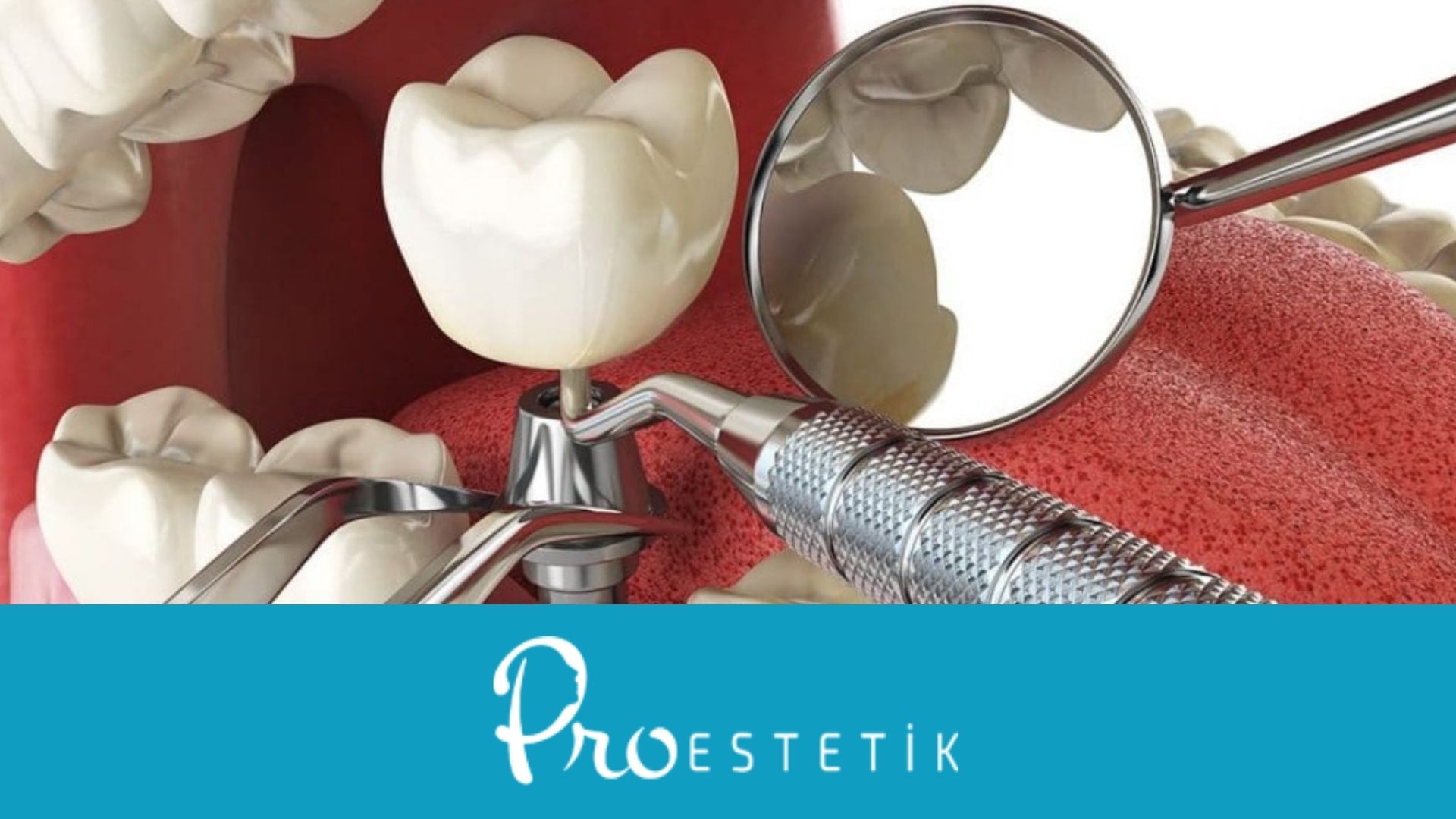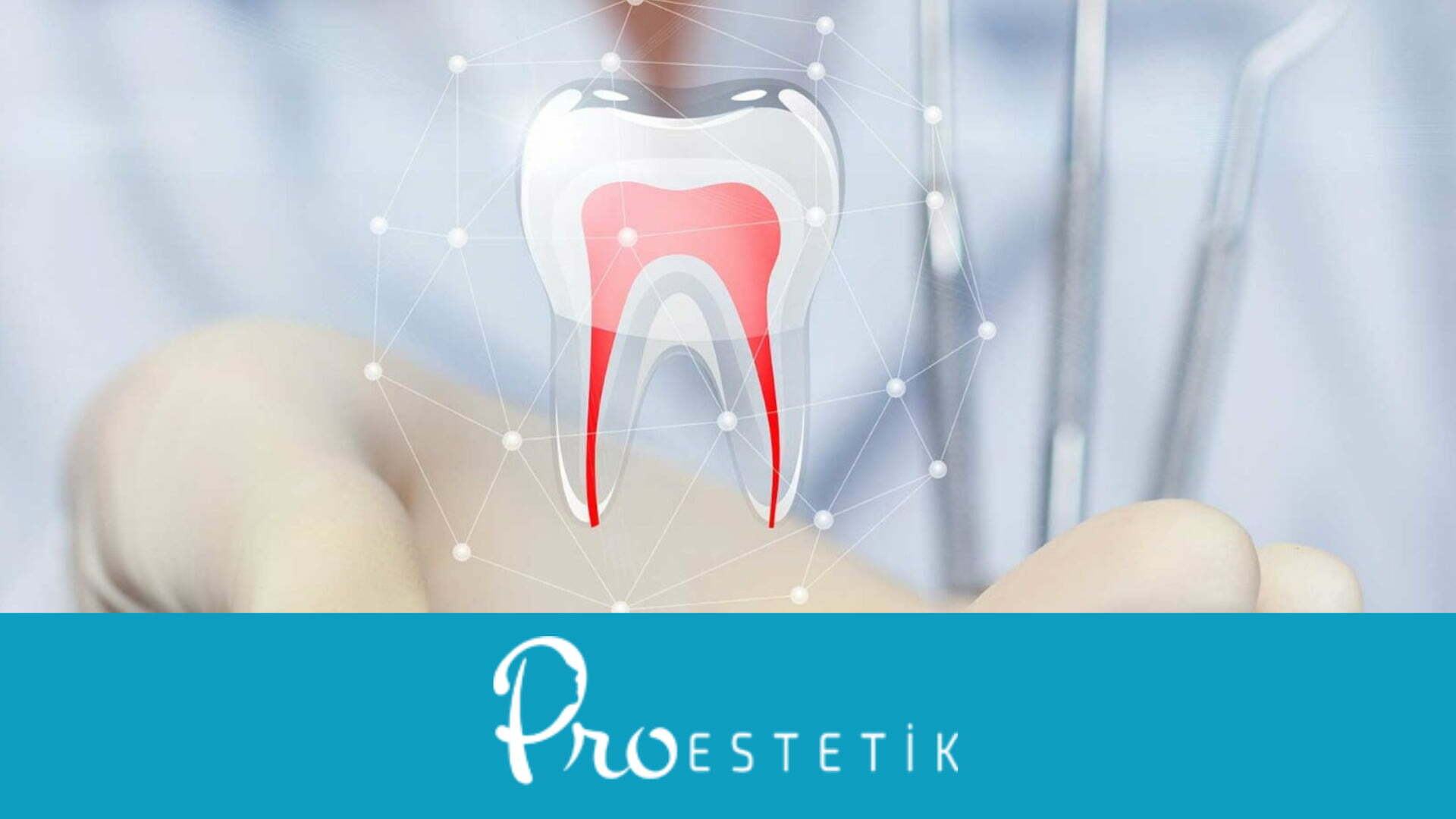Dental scaling is a treatment many people undergo. Plaques on the teeth are cleaned using special tools, aiming to promote healthier teeth and gums.
Although the dental scaling process is quick, the recovery period may take a few days. So, what should be done after dental scaling to support the healing process? We’ve explained it all in detail!
Dental Scaling Process
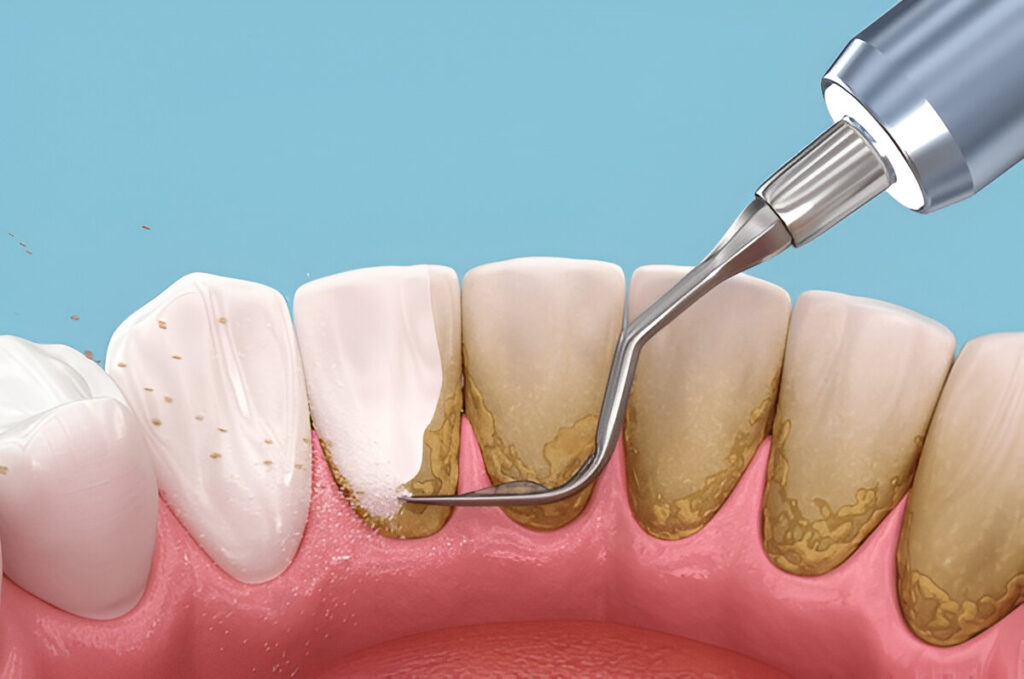
Bacterial plaques accumulate on teeth and harden over time. This results in the formation of tartar, which is both visually unappealing and a threat to dental health.
While brushing and flossing help maintain general hygiene, they may not be sufficient for plaque removal. In such cases, professional assistance may be needed.
Dental scaling is a painless procedure, though it might feel slightly uncomfortable. For individuals with extra sensitivity, local anesthesia can be administered. The tartar is scraped and cleaned using special tools.
Benefits of Dental Scaling
Dental scaling removes plaques on teeth, ensuring a thorough cleaning of areas that toothbrushes cannot reach. It also reduces or completely eliminates the bad odor caused by plaques.
Cleaning plaques is beneficial for gums, preventing toothaches and loss. Additionally, it enhances the appearance of teeth, making them look whiter and more aesthetically pleasing.
This summarizes the dental scaling process. After the procedure, patients are expected to follow some recommendations.
What Should Be Done After Dental Scaling?
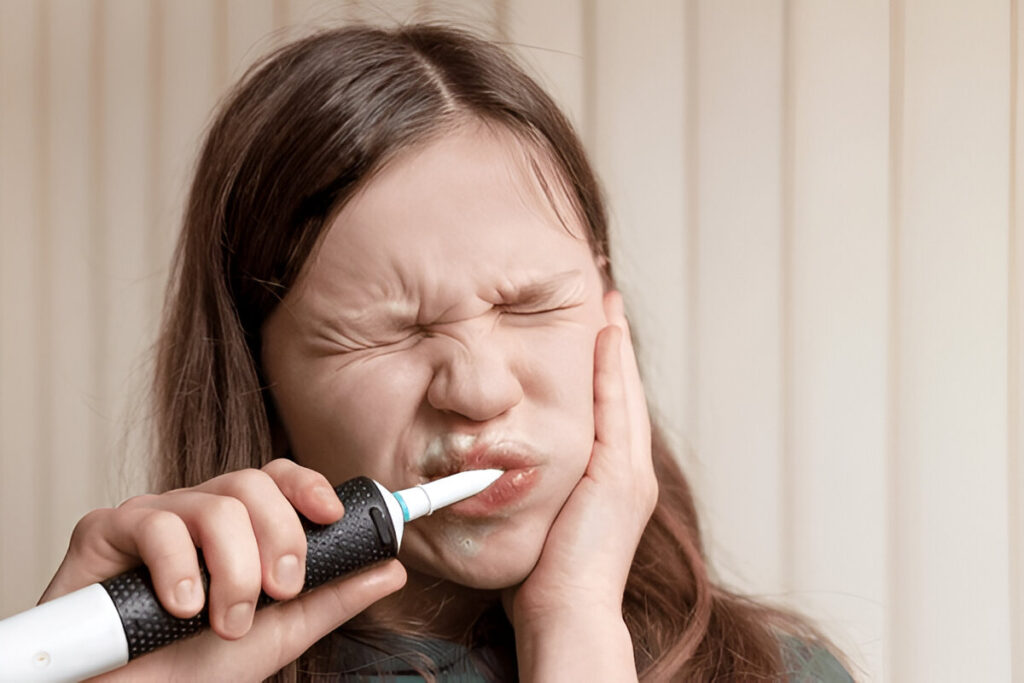
Dental scaling is a quick and simple procedure, often not requiring anesthesia. However, sensitivity in the teeth and gums may be felt afterward. Therefore, it is advisable to adhere to certain recommendations post-procedure.
Here are some tips to follow after dental scaling:
- Wait Before Eating or Drinking: If anesthesia was applied during the procedure, avoid eating and drinking for a few hours to prevent self-harm due to numbness.
- Avoid Acidic Foods: Since teeth and gums may be sensitive after the cleaning, stay away from acidic foods for a few days.
- Avoid Hard Foods: Hard foods and nuts that strain teeth are not recommended during the recovery period.
- Use Gargles or Saltwater: You can use mouthwash prescribed by your dentist or rinse your mouth with salt water to reduce the risk of infection. Always consult your dentist before application.
- Avoid Extreme Temperatures: Extra sensitivity to hot and cold may develop. During this period, avoid consuming extremely hot or cold foods and beverages.
- Apply Cold Compress for Swelling or Pain: Wrap ice in a cloth and apply it to the affected area to alleviate swelling and pain. Avoid prolonged skin contact.
- Maintain Oral Hygiene: Pay extra attention to oral and dental hygiene post-procedure.
- Schedule Regular Check-Ups: Visit your dentist for regular check-ups every 6 months to 1 year.
Possible Side Effects After Dental Scaling

Professional dental cleaning is crucial for maintaining oral and dental health. While brushing and flossing prevent many dental problems, they may not suffice in some cases.
Dental scaling addresses plaques that cannot be removed by brushing and flossing. However, some side effects may occur after the procedure, such as:
- Sensitivity: Plaque removal may expose areas previously covered by tartar, leading to temporary sensitivity. This usually resolves within a week.
- Gum Irritation: Minor damage to the gums may occur during the cleaning, causing some discomfort.
- Bleeding: In rare cases, bleeding may be observed, particularly in individuals who haven’t had dental treatments for a long time.
- Visible Gaps: After cleaning, gaps in areas previously occupied by plaques may become noticeable. These gaps will naturally close as the gums heal over time.
Most side effects are temporary and resolve on their own. If symptoms like pain or swelling persist for more than a few weeks, consult your dentist immediately.
Professional Cleaning Should Be Regularly Performed
The formation of tartar varies from person to person, influenced by diet, oral hygiene practices, and genetics. Therefore, individual needs differ.
During regular check-ups, your dentist will determine whether you require professional cleaning.
Contact Us!
Simple treatments like dental scaling are crucial for long-term oral and dental health. These treatments should not be neglected and must be performed professionally under a dentist's supervision.
We’ve explained the procedure and aftercare in detail! If you have any questions, feel free to contact us or visit our clinic to take advantage of our free initial consultation service!
Don't forget to check out all the aesthetic dental treatments we offer to help you achieve a beautiful smile!

 English
English Turkish
Turkish Deutsch
Deutsch العربية
العربية![[:en]What Should Be Considered After Dental Scaling? 8 Suggestions![:tr]Diş Taşı Temizliği Sonrası Nelere Dikkat Edilmeli? 8 Öneri![:de]Nach der Zahnsteinentfernung: Worauf sollte man achten? 8 Tipps![:ar]تنظيف الجير بعد الأسنان: ما الذي يجب الانتباه إليه؟ ٨ نصائح![:] Diş taşı temizliği sonrası](https://proestetik.com.tr/wp-content/uploads/2025/01/dis-tasi-temizligi-sonrasi.png)



